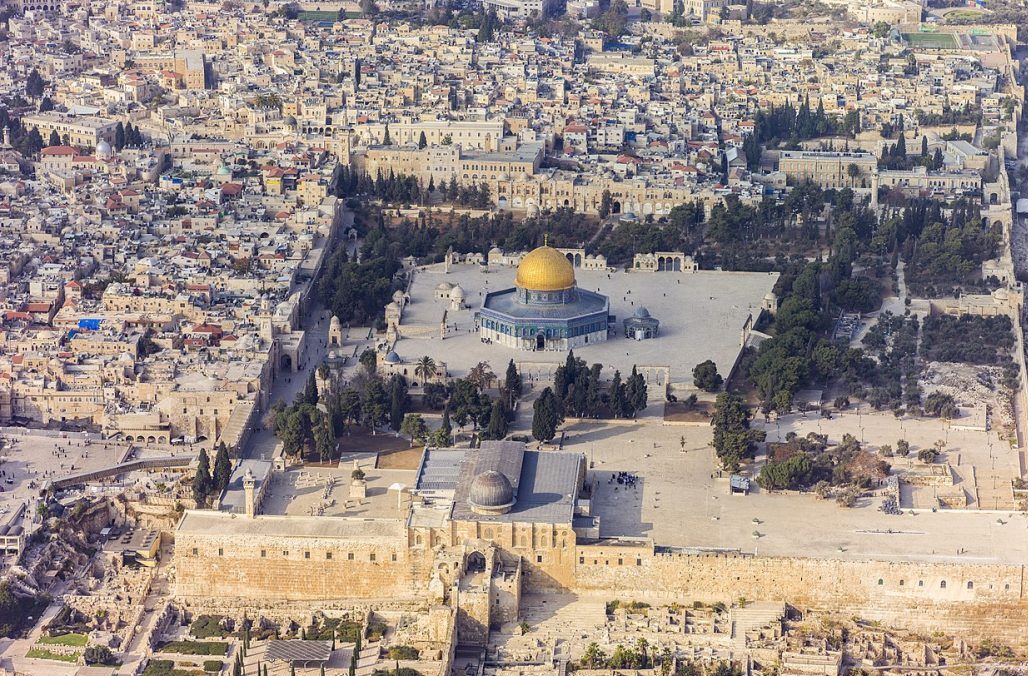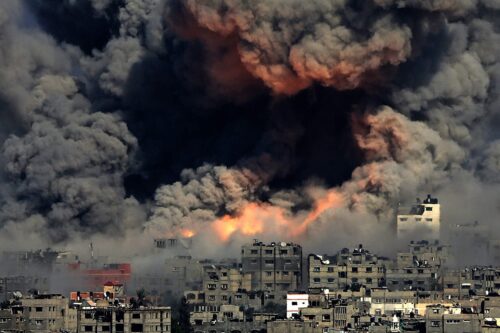Twenty Years On: The Second Intifada

It has been 20 years since then-Israeli politician Ariel Sharon visited the Al-Aqsa compound in East Jerusalem, sowing the seeds for wide-spread protest among Palestinians against Israeli occupation.
Mass protests took place across the West Bank and Gaza, with thousands of Palestinians frustrated at the ongoing human rights violations they were facing. The demonstrations, known as the Second Intifada, or the Al Aqsa Intifada, led to an upsurge in violence on both sides, with Israel responding with lethal force, use of new weaponry, increased restrictions against Palestinians and the building of the separation wall in 2002.
Between 2000 and 2004 almost 3,000 Palestinians were killed, and tens of thousands injured. Over 3,700 homes were destroyed and more than 7,300 Palestinians imprisoned. The Second Intifada shocked the world but despite international condemnations and UN resolutions, Israel continued its oppression against Palestinians. The 20th anniversary of The Second Intifada serves as a sombre reminder that very little has changed since then; thousands of Palestinians are still being denied their basic rights.
Since the upheaval of the Second Intifada, the occupation has only become more entrenched and more brazen. The Separation Wall, despite being declared illegal by the International Court of Justice in 2004, continues to restrict the movement of Palestinians, separate families and steal land. Settlement building has increased and more ways to appropriate Palestinian land have been utilised by the Israeli state. Violence against Palestinians in the West Bank continues in the form of extra-judicial executions, arrests, child detention, home demolitions, settler violence and threats to places of worship.
Prior to the Israeli withdrawal in 2006, Gaza was occupied by radical settlers and trigger happy soldiers. Palestinians suffered through curfews, incursions and checkpoints. After the withdrawal, the Strip came under siege and has remained under a naval, air and land blockade since. The siege has infringed on every human right Palestinians should have and mass bombardments have caused death, trauma and damage that Gaza is unable to recover from. Gaza is unliveable and despite warnings by NGOs and the UN in 2012, the international community has done little to ensure this could have been avoided or conditions improved by holding Israel accountable.
With a global pandemic and ongoing political instability, Palestinians are even more disadvantaged than they were in 2000. The Second Intifada was an explosion of frustration and anger in the face of injustice and there have been many other protests and movements since, such as the Great March or Return in Gaza and BDS campaigns in the West Bank. However, the lack of political will to address the injustice of the occupation has left the Palestinians in a very difficult position.
The spirit of the Intifadas remains, but the ability to enact change alone and fight for their rights alone is more difficult than ever. Despite this, the grassroots protests and changes happening across the globe in the last few years have shown us that there is power in people demanding their rights through collective action. On this anniversary, we should commit to working to support Palestinian human rights and their efforts to demand justice. We should use our wealth, our time and our voices to protect their human rights and amplify their voices.
#PalestineFacts
Calculate your Zakat
Confused about how to calculate your Zakat? Try our simple-to-use calculator

![Protest against Israel & US aid to Israel and for a free Palestine on May 15th, San Francisco CA, 2021 [Patrick Perkins / Unsplash]](http://www.interpal.org/wp-content/uploads/2024/08/patrick-perkins-Gm_yQj-Le-E-unsplash-500x333.jpg)
![A girl in Gaza sits amongst the rubble of a building bombed by Israel. Photo published 14 Aug 2022 [Mohammed Ibrahim / Unsplash]](http://www.interpal.org/wp-content/uploads/2024/08/mohammed-ibrahim-RFByqAGwhmI-unsplash-500x333.jpg)

